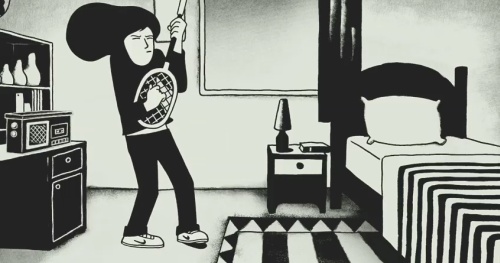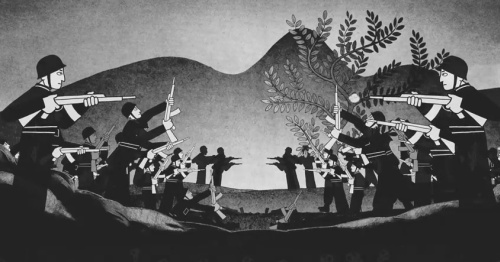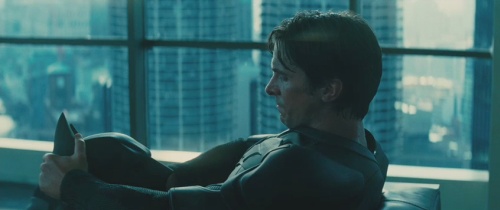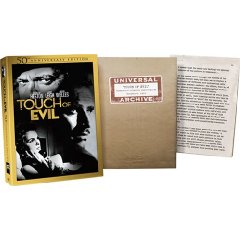Persepolis (Marjane Satrapi & Vincent Paronnaud, 2007)
Even those who love animation are prone to dark speculation about its shortcomings as a medium. The lack of live actors and the associated hindrance to truly subtle performances, in particular, is often cited as limiting the potential for serious dramatic work in animated films. The fear is that the relative paucity of full length, adult-oriented dramatic features might not only be due to a lack of courage and imagination on the part of directors and studio executives, but might also reflect actual limitations of animation itself. Thank goodness, then, for Marjane Satrapi’s Persepolis.
The film is an adaptation of Satrapi’s autobiographical graphic novel of the same name, and tells the story of her childhood, adolescence and early adulthood in Iran and Europe, set against the background of Iran’s turbulent politics. It’s difficult material, requiring sensitivity not just to the personal coming-of-age story, but also to the story of Iran through this period. The film is triumphant on both counts. Along the way it demonstrates that the medium of animation not only can overcome its limitations, but actually has some crucial advantages over live action in telling this story.





